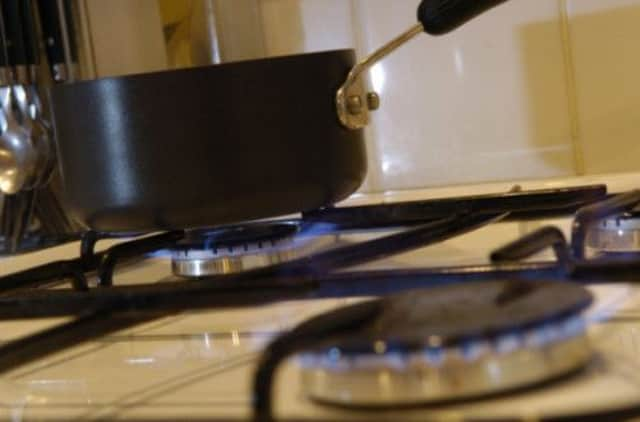Leaders: Borderline possibility of cutting costs


Now the SNP is in on the act, promising that if Scotland votes for independence, then bills will come down by 5 per cent or an average of £70 per household.
What is being proposed does look like a workable policy. Part of the reason that energy bills have risen is because they have also become, in effect, a means of raising taxes to pay for a range of government policies.
Advertisement
Hide AdAdvertisement
Hide AdNicola Sturgeon, Deputy First Minister, told the SNP conference that an independent Scottish Government would remove two levies – one that tackles fuel poverty amongst poorer households, and another which subsidises measures to improve energy efficiency, such as better home insulation.
Taking these imposts off fuel bills and paying for them out of general taxation instead would certainly cut bills. It would probably win votes and may gain a few converts to the Yes campaign. It is also certainly in stark contrast to debate south of the Border which was focusing yesterday on whether or not the Prime Minister was advising people to wear woolly jumpers.
But is it a sensible idea energywise?
Environmental campaigners argue that the most effective way to reduce energy consumption and bills is for homes to be properly insulated to cut heat loss. Part of the purpose of putting levies on bills is to increase the incentive that people have to get their houses insulated. So if bills are cut by transferring a cost to general taxation, the incentive is reduced and householders become less inclined to go to the bother and expense of installing insulation.
The other problem with Ms Sturgeon’s idea is that it focuses attention on energy bills as a means of raising money for implementing government policies. The bulk of the cash raised in this way goes to support renewable energy. This money comes out of all UK consumer bills, but much of it gets spent on Scottish wind farms.
SNP ministers have yet to produce a convincing explanation why consumers in the rest of the UK will happily continue paying this money to support an industry in what, with independence, will become a foreign country. Anger at high energy bills is just as great south of the Border and cutting bills by ending support for foreigners sounds like an easy electoral promise for English politicians.
As an isolated detail of the energy debate, Ms Sturgeon’s idea is implementable, but it may set back progress towards overall energy efficiency. And the Scottish Government has yet to explain how it can promise that the bigger picture of cross-border subsidies will continue after independence.
If dreams come true
IS IT possible? Can it really be true? Will it be possible to walk, take a taxi, or sit on a bus in central Edinburgh and not have to be held up by or weave round tramworks? Or did we just dream that we heard somebody say that?
No, don’t pinch yourself or dash cold water over your head. It really does seem to be true that the holes are all filled in, the tracks are in place, and the earthscrapers are gone and city life is approaching what used to be normal.
Advertisement
Hide AdAdvertisement
Hide AdThis, we know, will be a major shock to many of the capital’s citizens. It will create a great conversational void. What can people find to talk about if there are no tramworks to grumble about, no fences barring walks about the city centre, no thundering of pneumatic drills to rant at, no traffic diversions that make the simplest of journeys a convoluted time-consuming frustration to recount?
Well, there will be, dare we say it, trams. Folk could complain about them – five years the city has been waiting for one to turn up and all of a sudden there’s a whole fleet of them. Couldn’t it have been a bit better organised?
With luck, that will soon be old hat. Now hopefully, people will come to love them and admire their progress along Princes Street, marvel at how they swoop round the tight curves at Haymarket, and cheer as they swish silently through fields to the airport.
Heavens above, folk might even travel on them and swoon at the easy way they glide along Shandwick Place, conveying folk in comfort from the city centre to South Gyle in no time at all. Maybe that’s a dream, just like the dream that building it would cause little disruption.